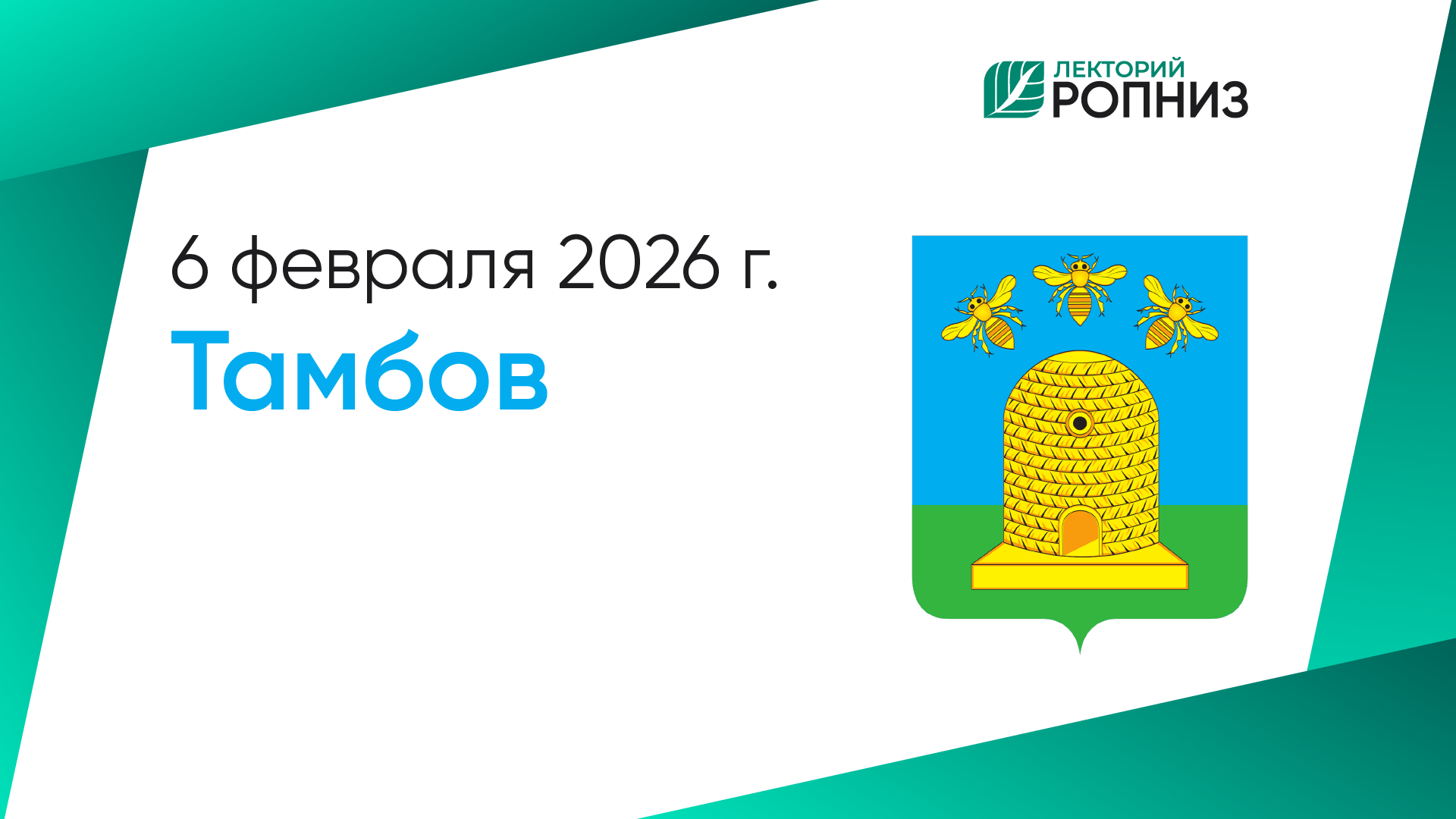Analysis of the quality of education activities conducted using telemedicine technologies
https://doi.org/10.15829/1728-8800-2022-3324
Abstract
Aim. To evaluate the quality of education activities conducted using telemedicine technologies and identify most significant factors affecting satisfaction from its participation.
Material and methods. An analysis was made of 2039 questionnaires filled out by observers after educational events. A specially designed questionnaire or checklist consisted of 21 questions concerning the following three main components of the quality of education events: the technical aspect, the content, and the affective evaluation. Digital questionnaires were filled in by observers on the website of the National Medical Research Center for Therapy and Preventive Medicine after educational events. Statistical data processing were carried out using Excel Microsoft Office.
Results. The correlation analysis showed that for developing satisfaction from participation in the educational event (conformity with expectations) for an observer, the most important is the lecture content (r=0,41), how much the lecture helps solving urgent professional issues of physicians (r=0,35), accessibility of the material, communication skills and mastery of the subject matter by the lecturer (r=0,28), structure and logic of the material presentation (r=0,27). Among the significant factors (r=0,23-0,17), we can also highlight the assistance provided by the organizers to resolve various issues, the atmosphere of cooperation and assistance, as well as the completeness of answers to questions from the chat. The lowest value (r=0,16-0,12) has difficulties during registration, the time limits of the event, the availability of preliminary information on the site, the relevance of data presented, the presence of annotations, the quality of communication, visual material and its relevance. Participation of leading experts to conduct educational events is a key indicator of quality, since respondents noted that the availability, statefulness, logical presentation of the material and the communication skills of a speaker are essential establishing audience loyalty.
Conclusion. The results obtained will improve the process of managing educational events held by the National Medical Research Center for Therapy and Preventive Medicine using telemedicine technologies, and improve their quality.
About the Authors
O. M. DrapkinaRussian Federation
Moscow
I. Yu. Volkova
Russian Federation
Moscow
R. N. Shepel
Russian Federation
Moscow
L. M. Zhamalov
Russian Federation
Moscow
S. Yu. Astanina
Russian Federation
Moscow
T. V. Vakhovskaya
Russian Federation
Moscow
References
1. Bolotov VA. Quality assessment system of Russian education. Pedagogy. 2006;(1):22-31. (In Russ.) Б
2. Agranovich M. Indicators for assessing the quality of education. The headmaster of the school. 2007;(5):5-16. (In Russ.)
3. Agaponov SV, Jaliashvili ZO, Kretschman DL, et al. Means of distance learning. Methodology, technology, tools St. Petersburg: BHV Petersburg, 2005, 336 p. (In Russ.)
4. Khorev AI, Shipilova AN. Independent assessment of the quality of education. Technologies of the food and processing industry of the agro-industrial complex — healthy food products. 2015;(3):87-91. (In Russ.) Х
5. Babina NG. Modern Russian distance learning: quality problems. Telematics’2009: Proceedings of the XVI All-Russian Scientific Method. conf. (St. Petersburg, June 22-25, 2009). St. Petersburg: St. Petersburg State University ITMO, 2009, pp. 126-8. (In Russ.)
6. Trainev VA. Distance learning and its development: Generalization of methodology and practice of use. 2nd ed. M.: Dashkov and K, 2008, 294 p. (In Russ.)
7. Kuznetsova IA. Evaluation of the quality of distance learning systems. Science Studies: online magazine. (In Russ.) https://naukovedenie.ru/index.php?id=163 (дата обращения 24.02.2022).
8. Astanina SYu, Drapkina OM, Shepel RN, et al. Educational events using telemedicine technologies. Preventive medicine. 2020;23(5) (issue 2):8-9. (In Russ.)
9. Andrega DS, Noskova MV, Shikhova EP. Monitoring the quality of the educational process in a medical university. Standards and monitoring in education. 2015;3(2):16-21. (In Russ.)
10. Breslavskaya TS. Regional system of education quality assessment and mechanisms of education quality management. Assessment of the quality of education: from design to practice: Materials of the II Interregional Scientific and Practical Conference with international participation, Ulan-Ude, October 25, 2016. Scientific editor D. K. Chimitova. Ulan-Ude: Buryat State University, 2017, 29-33. (In Russ.) EDN ZSGAZZ.
11. Zolotareva YuA, Mishchenko ES. Methodological justification of the quality of educational organization services. Issues of modern science and practice. V. I. Vernadsky University. 2009;15(1):2007. (In Russ.)
12. Zolotareva YuA, Mishchenko ES. Practical implementation of directions for improving the quality of educational organization services. Issues of modern science and practice. V. I. Vernadsky University. 2009;16(2):125-30. (In Russ.)
13. Baeva NB, Vorogushina DV. On the choice of the optimal set of control measures in the management of the quality of education of an educational institution. VSU Bulletin, series: System analysis and Information Technologies. 2007;(1):118-24. (In Russ.)
14. Ovchinnikova IG, Kurzayeva LV. On the use of statistical tools for assessing the quality of education. Bulletin of the Association of Universities of Tourism and Service. 2016;10(4):34-8. (In Russ.)
Review
For citations:
Drapkina O.M., Volkova I.Yu., Shepel R.N., Zhamalov L.M., Astanina S.Yu., Vakhovskaya T.V. Analysis of the quality of education activities conducted using telemedicine technologies. Cardiovascular Therapy and Prevention. 2022;21(3S):3324. (In Russ.) https://doi.org/10.15829/1728-8800-2022-3324
JATS XML

























































